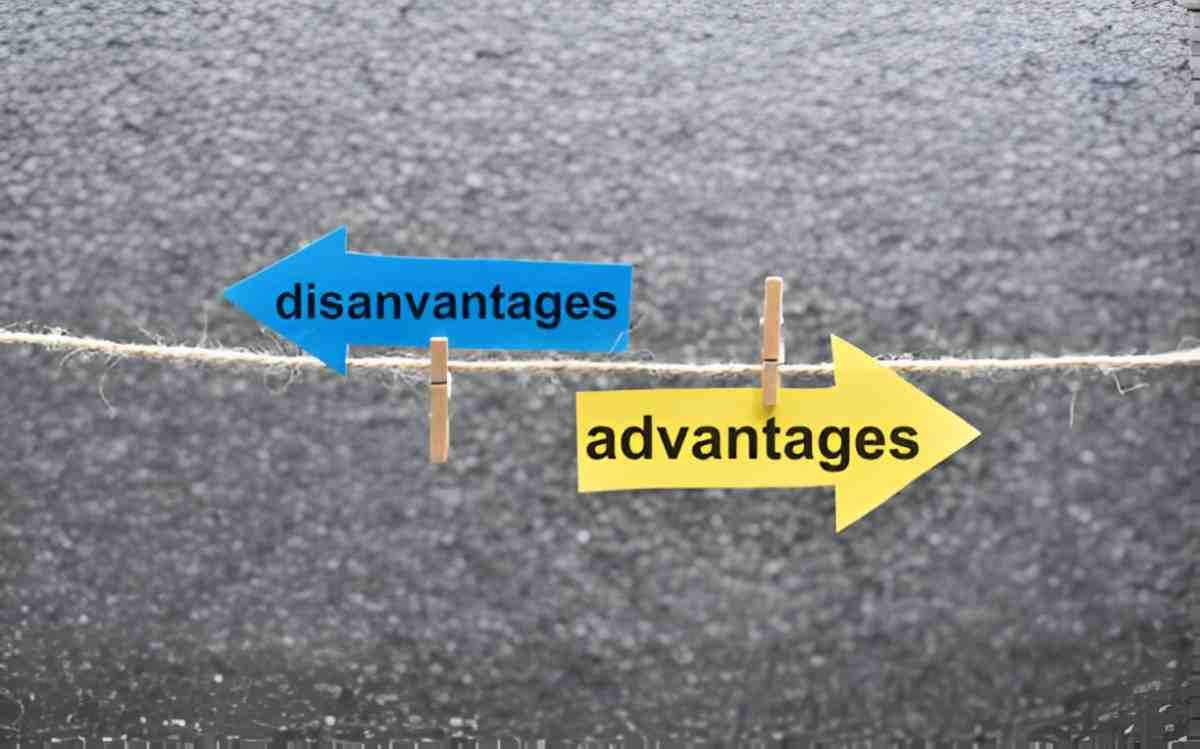Introduction
When making decisions, we often focus on financial factors. However, non-monetary aspects also play a critical role. These factors influence our well-being, career growth, and quality of life. Ignoring them can lead to poor choices despite financial gains. This guide explores non-monetary advantages and disadvantages in various contexts, including employment, investments, and personal decisions. I use real-world examples, mathematical modeling, and illustrations to help you grasp these concepts effectively.
Table of Contents
What Are Non-Monetary Factors?
Non-monetary factors are benefits or drawbacks that do not involve direct financial transactions. They affect individual and organizational decision-making and often shape long-term satisfaction. Understanding these factors requires analyzing qualitative elements, which may be subjective. Below is a table summarizing common non-monetary factors:
| Factor | Advantage | Disadvantage |
|---|---|---|
| Work-Life Balance | Reduces stress and improves health | May limit career growth opportunities |
| Job Security | Provides stability | Can limit earning potential |
| Workplace Culture | Enhances job satisfaction | Can be restrictive if mismatched |
| Flexibility | Supports personal commitments | May reduce structure and discipline |
| Location | Reduces commuting time | May limit networking opportunities |
Non-Monetary Factors in Employment
Job Satisfaction vs. Salary
A higher salary does not always equate to higher job satisfaction. Let’s analyze a scenario where two job offers exist:
- Job A: Pays $100,000 annually, but requires 60-hour workweeks with high stress.
- Job B: Pays $75,000 annually, but has a 40-hour workweek with better work-life balance.
Assume a person values free time at $20 per hour. The effective hourly rate for each job is:
\text{Effective hourly wage} = \frac{\text{Annual Salary}}{\text{Total Hours Worked}}For Job A:
\frac{100,000}{60 \times 52} = 32.05 dollars per hour
For Job B:
\frac{75,000}{40 \times 52} = 36.06 dollars per hour
Even though Job B pays less, the lower hours make it more valuable per hour. Over a lifetime, work-life balance can contribute significantly to personal well-being, making it a better choice for many individuals.
Remote Work: A Non-Monetary Benefit
Remote work offers flexibility but has trade-offs. Employees save on commuting, which indirectly increases disposable income. Assume commuting costs $200 per month and takes 10 hours weekly. The time value calculation is:
\text{Total Annual Cost} = (200 \times 12) + (10 \times 52 \times 20) = 2400 + 10400 = 12,800A remote job effectively adds $12,800 in value annually. However, isolation and reduced networking opportunities could limit career growth.
Non-Monetary Factors in Investments
Investments are often evaluated based on returns, but non-monetary factors also matter. Below are a few examples:
Ethical Investing
Ethical investors prioritize social and environmental factors over maximum financial gain. For instance, investing in renewable energy over fossil fuels may yield lower returns but aligns with personal values.
Real Estate: Location vs. Cost
Real estate buyers consider factors beyond price. A suburban home may be cheaper but require long commutes, reducing quality of life. Using a time valuation model, we compare:
- House A: Costs $400,000, 10 minutes from work
- House B: Costs $350,000, 60 minutes from work
With a commute valued at $20 per hour, the annual cost difference is:
(60 - 10) \times 2 \times 5 \times 52 \times 20 = 52,000 dollars
Over 10 years, House B costs an additional $520,000 in lost time, making House A a better choice despite the higher price.
Non-Monetary Aspects in Personal Decisions
Health and Lifestyle Choices
Health is a non-monetary asset. For example, a gym membership costs $600 annually, but prevents medical expenses. Assume exercise reduces the risk of costly health issues by $5,000 per decade. The net value is:
\text{Net Benefit} = \frac{5000}{10} - 600 = -100Though financially negative, improved well-being justifies the expense.
Relationships and Social Capital
Social capital, including strong networks and relationships, has immeasurable value. Connections create career opportunities, enhance mental health, and provide support systems. Although non-quantifiable, they significantly impact life satisfaction.
Weighing Non-Monetary Factors: A Decision-Making Framework
Balancing financial and non-monetary factors requires structured decision-making. A weighted scoring model helps. Assume choosing between two job offers based on five factors:
| Factor | Weight (%) | Job A Score | Job B Score | Weighted Score A | Weighted Score B |
|---|---|---|---|---|---|
| Salary | 30 | 9 | 7 | 2.7 | 2.1 |
| Work-Life Balance | 25 | 5 | 9 | 1.25 | 2.25 |
| Job Security | 20 | 8 | 7 | 1.6 | 1.4 |
| Growth Potential | 15 | 7 | 8 | 1.05 | 1.2 |
| Flexibility | 10 | 6 | 9 | 0.6 | 0.9 |
| Total Score | 100 | 7.2 | 7.85 |
Even with a lower salary, Job B wins due to non-monetary factors.
Conclusion
Non-monetary factors play a crucial role in decision-making. Whether choosing a job, investment, or personal lifestyle, these considerations often outweigh financial aspects. By assigning value to time, well-being, and personal satisfaction, we make better choices aligned with long-term happiness. Evaluating these elements systematically ensures balanced decision-making for a fulfilling life.





